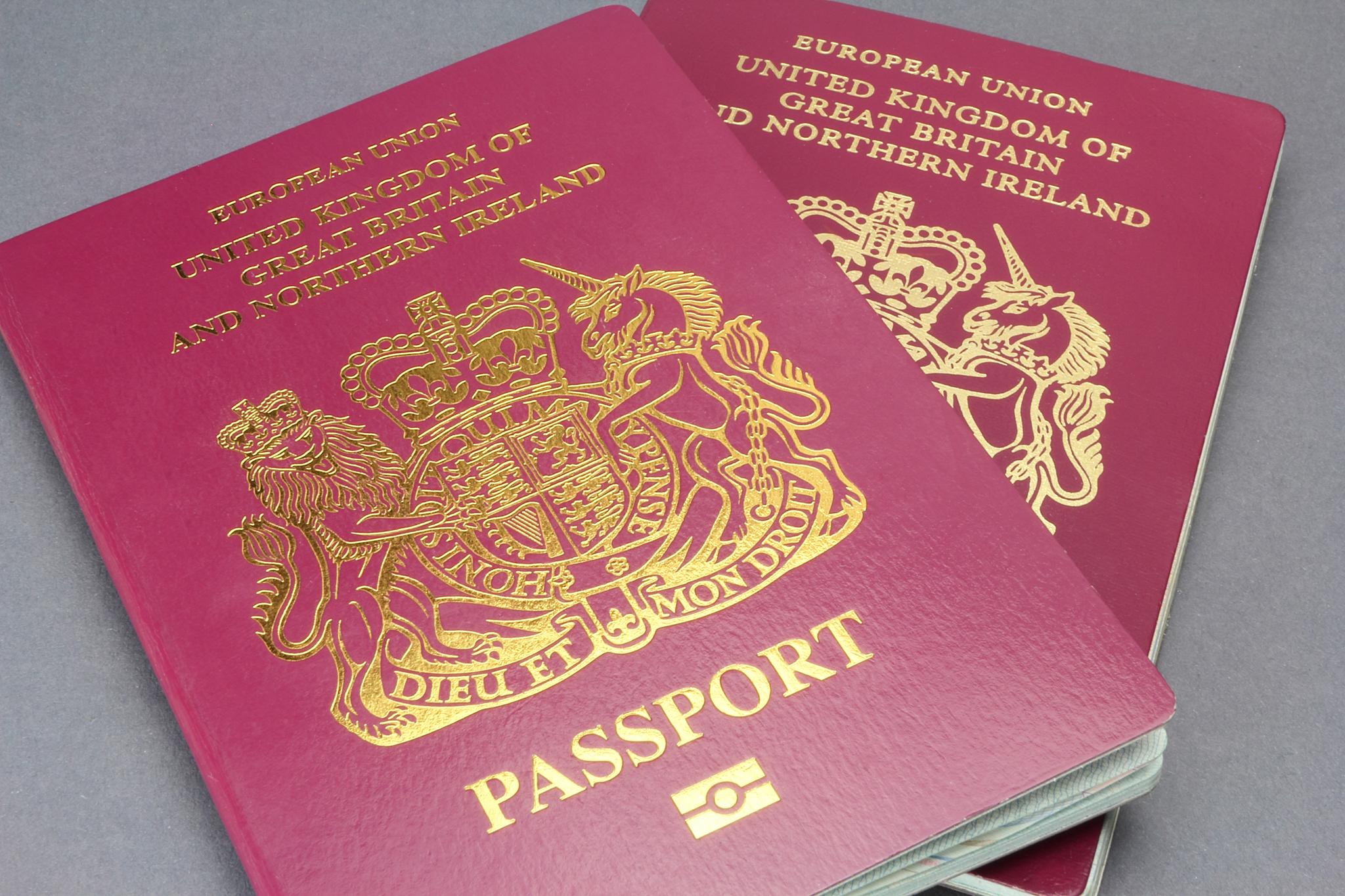Trans people can now change the gender on their passports without a medical letter, government announces
Activists have argued that the current process requiring medical proof is offensive and can be upsetting for transgender people

Your support helps us to tell the story
From reproductive rights to climate change to Big Tech, The Independent is on the ground when the story is developing. Whether it's investigating the financials of Elon Musk's pro-Trump PAC or producing our latest documentary, 'The A Word', which shines a light on the American women fighting for reproductive rights, we know how important it is to parse out the facts from the messaging.
At such a critical moment in US history, we need reporters on the ground. Your donation allows us to keep sending journalists to speak to both sides of the story.
The Independent is trusted by Americans across the entire political spectrum. And unlike many other quality news outlets, we choose not to lock Americans out of our reporting and analysis with paywalls. We believe quality journalism should be available to everyone, paid for by those who can afford it.
Your support makes all the difference.Transgender people no longer need to present medical evidence to change their gender on their passports.
Until now the process required a letter from their doctor or medical consultant confirming that the change was going to be permanent. This was considered by the women and equalities select committee to "medicalise” an administrative matter, and in a new report it has confirmed that the measure will be dropped.
The announcement will be welcomed by activists, who have argued that demanding medical proof is offensive and can be upsetting for transgender people.
Nicky Morgan, Minister for Women and Equalities said: “Nobody should suffer discrimination, harassment or bullying because of who they are. As a country we have come a long way in terms of lesbian, gay and bisexual equality, but of course we have much further to go.
“I am confident that the initiatives set out here will help make this a reality and improve the lives of transgender people – but this is just the start and we still have much to learn.”
LGBT organisation Stonewall welcomed the decision, stating that “The acknowledgement that gender dysphoria is not a mental illness is an important step forward, as is the recognition of non-binary identities and a commitment to reviewing how the NHS supports trans people”.
The select committee report also responded to call for an ‘X’ option on passports, for to tick instead of male or female. Currently offered in Australia, it allows those who don’t identify with either gender to be recognised. But it doesn't look like it will be arriving in Britain anytime soon. “UK law only recognises male and female genders,” the report says, “and to introduce a third category denoted by an ‘X’ in the passport would require a change in primary legislation”.
Join our commenting forum
Join thought-provoking conversations, follow other Independent readers and see their replies
Comments